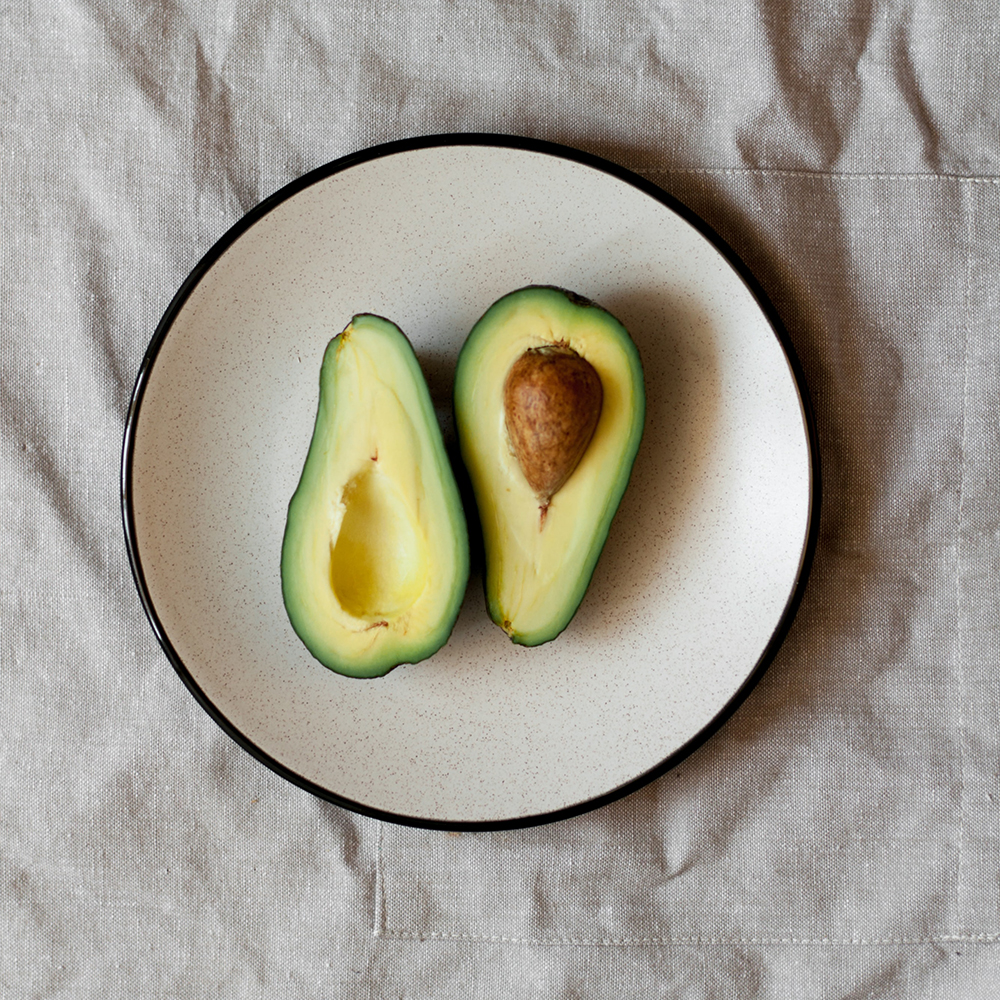It’s happened a million times. You’ve attempted to eliminate the foods from your diet that “usually” cause digestive issues. Coffee, gluten, the suspects that society has deemed important for a squeaky clean gut. A few weeks go by without any issue, and then you feel your digestion causing you pain or trouble once again. What is the cause of this? It might actually be the avocadoes you’re eating. They are high in histamine. Histamine is a high driver in common allergies many have. We dissected the avocado allergy and what you can do to stop your digestive issues. Keep reading for more.

Why An Avocado Allergy?
If you notice a difference in how you feel post-avocado toast, guacamole, or more you may be allergic to avocadoes. The high levels of histamine in avocado can also make you sneeze, cough, inflamed, and more. According to Bustle,
Histamines are natural signaling chemicals that our bodies produce and use for all sorts of purposes. They play a role in the release of stomach acid and produce the swelling and inflammation essential to our immune system’s ability to heal infections, according to registered dieticians
If you are someone who has very high levels of histamines, the combination of that and allergies can prove for a pretty tough time. Inflammation can increase very quickly and cause issues like IBS and GERD, which feel like heartburn, chest tightening, bloating, and diarrhea. You may even have histamine intolerance.
Histamine Intolerance
- Swelling of the lips
- Itchy eyes
- Stomach discomfort
- Vomiting and/or nausea

What Other Foods To Avoid If You Are Histamine Intolerant
Because avocado is present in many food alternatives, there may be an avocado lurking in many places you wouldn’t even think of. According to Bustle, the ones to watch out for are the following. Another tip is that avocado may be present in beauty products you use, so watch out for them in skincare, haircare, and makeup.
You might be allergic to other high-histamine foods like spinach, tomatoes (including ketchup and marinara sauce), pumpkin, eggplant, soy foods, brewer’s yeast, and red kidney beans. Avoid fermented, cured, or cultured foods: wine, beer, aged cheese, smoked fish, salami/prosciutto/pepperoni, kimchi, sauerkraut, kombucha, miso, tofu, soy sauce, yogurt, and kefir.
However, while you can enjoy in moderation, we’ve also attached a list of low-histamine foods for you to enjoy as well, here, according to Healthline.




